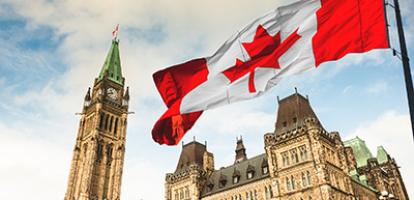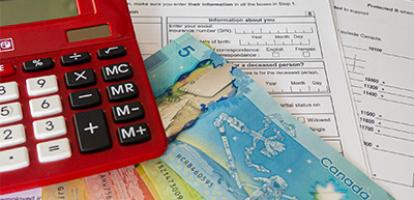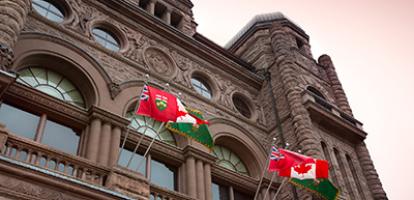Whomever the Prime Minister designates as the minister responsible for Canada-U.S. trade will face significant challenges. While that’s nothing out of the ordinary and while some of these challenges may not be too different from ones faced before the election, the person who assumes the portfolio will have to handle Canada’s trade relations with the United States with consummate skill. That’s the new cabinet minister’s No. 1 priority.
Let’s look at a few things that unfolded regarding Canada-U.S. trade relations during Justin Trudeau’s first term as Prime Minister. He was elected in October, 2015, when former U.S. president Barack Obama was still in office. Chrystia Freeland was appointed trade minister, which included responsibility for the U.S. as well as the rest of the world. Under Democratic administrations in Washington, trade was never trouble-free (remember softwood lumber among other irritants?) but at least NAFTA was reasonably secure. That changed dramatically with the election of Donald Trump in 2016.
Mr. Trudeau shuffled his cabinet in early January, 2017, in large part to adjust to the changing political situation south of the border and to ensure that Canada had the right front bench to deal with the challenges of an aggressive “America First” president. Stéphane Dion was moved to a diplomatic posting and Ms. Freeland was moved into the foreign affairs portfolio. With this new assignment, she kept responsibility for trade relations with the United States, which included the NAFTA renegotiations that began in mid-2017.
Most people don’t appreciate that having Canada’s Foreign Minister assigned duties as chief trade negotiator with the U.S. was unprecedented. To be faced with hard-nosed and experienced tough guys such as Robert Lighthizer at the same time as being responsible for Canada’s relations with the rest of the world was a brutal assignment. With strong backing from the Prime Minister’s office, Ms. Freeland discharged her duties with exceptional skill, in return for which she was rewarded by being re-elected with strong public support in her own Toronto riding.
Whatever happens to USMCA and whomever gets assigned Canada-U.S. trade relations by the Prime Minister, there will be a slew of tough issues on the table. First and foremost is getting USMCA ratified and in force, and while there’s not much Canada can do given the fraught political environment in Washington, the ultimate fate of USMCA will have major reverberations for this country.
If approved, the new trade deal will remove lingering uncertainty for the business community. If it’s stalled and gets caught up in the impeachment battle or the 2020 presidential election, all bets are off. We’ll then have to go back to NAFTA. But the question becomes what happens to NAFTA, given Mr. Trump’s repeated threats to tear up that deal? These issues will be on the top of the in-basket for the Prime Minister and the new trade minister.
There’s an array of other extraordinarily challenging Canada-U.S. trade issues along with the fate of USMCA. Mr. Trump has weaponized unilateral tariffs as a powerful political tool, as the world has seen, used under unrestrained executive authority in dealing with American trading partners. Even with USMCA in force, the threat of new national security surcharges hasn’t been totally removed. And there are unilateral U.S. moves that threaten Canada in other ways, directly and indirectly, including the U.S. cold war with China (the extradition request of Huawei chief financial officer Meng Wanzhou as an example) and the special U.S. deal with Japan that dilutes the gains Canada achieved in the Trans-Pacific Partnership agreement.
The new minister will also have to grapple with aggressive U.S. policies that spill over into the multilateral arena and that directly affect Canada, such as the U.S. intransigence at the World Trade Organization, which will freeze and possibly destroy the WTO dispute-settlement system, a system on which Canada frequently relies to resolve our own trade disputes with the Americans.
No one envisages a return to the relatively sunny days of Mr. Obama and Mr. Trudeau, or Bill Clinton and Jean Chrétien, when the bilateral relationship was relatively positive and where American goodwill could be counted on – not always but often. The world is dramatically different today and the shattered global order will be difficult, maybe impossible, to restore even after Mr. Trump is long gone.
Not all of these burdens will befall the new minister alone. The choice for our next ambassador to Washington is equally critical. Whomever the Prime Minister designates to carry the can in our trade relations with the United States over the next period will need to be up to the task in a whole variety of ways. The well-being of the country will depend on it.
Lawrence Herman is a former Canadian diplomat who practises international law at Cassidy Levy Kent. He is also a senior fellow of the C.D. Howe Institute in Toronto.





